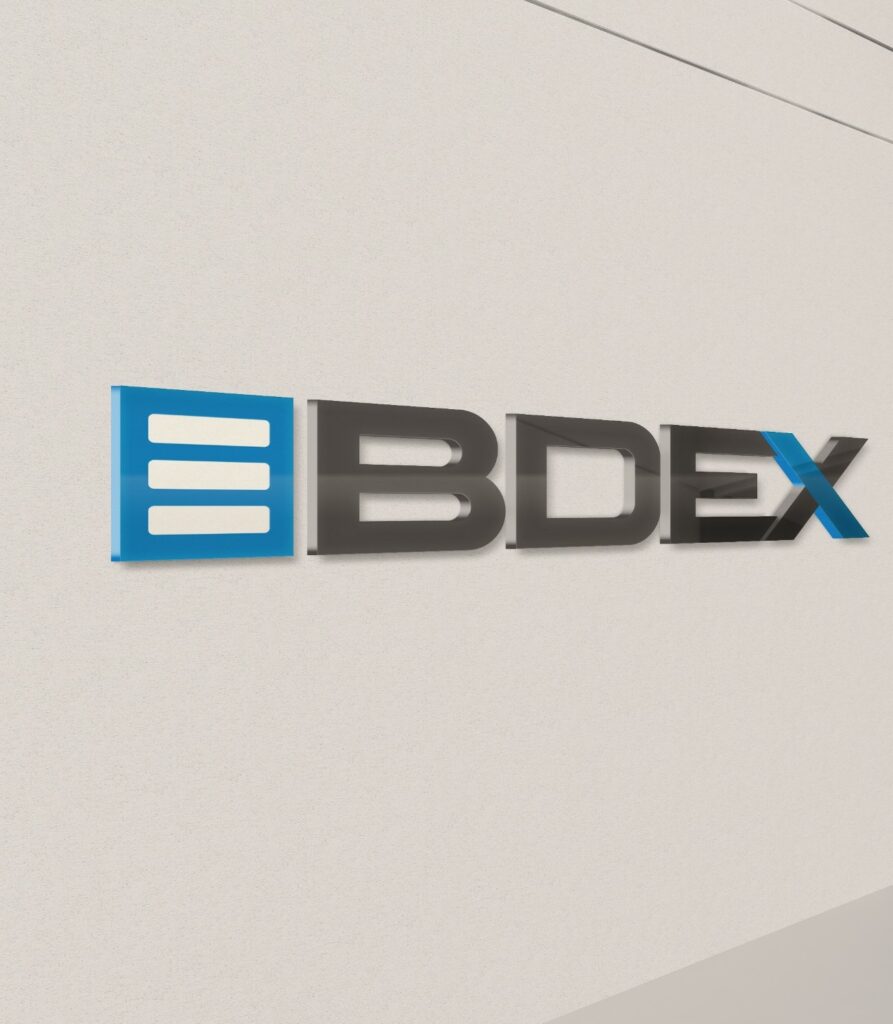Mastering personalization is one of the most important aspects of your modern marketing strategy. Here’s why it’s so important
For decades, the average consumer has been constantly surrounded by advertisements that don’t pertain to their specific desires, needs, or place in life, and customers have become pretty used to that. So, when an ad does speak to them on an individual level, it’s a big deal.
This is why marketers are focusing more attention on personalization in their strategies. Instead of sending out a message to the unknown in hopes that someone will bite, marketing is becoming more advanced. Now the ideal customer can be reached in real-time, about something they care about or want.
To get to that place of real human connectivity, it’s first important to consider how you’re getting your data and if you’re getting the right data. What’s behind the tools that will give you the results you need? Artificial intelligence (AI). Now more than ever, marketers have access to big data that provides the real-time, deep insights needed to reach people.
AI tools enable this hyper-personalization, which is the ability to use real-time data to deliver content, products, services, or experiences to a hand-picked audience. Because many marketers aren’t getting the right data, or don’t know how to use the data, creating a successful strategy can set you apart, and fast.
So how do you master the art of personalization, and does it really work?
Using customer data and insight
The use of customer data and advanced analysis of that data is a big trend across industries, but it’s especially relevant to marketing. A report from Accenture, which surveyed almost 1,000 chief marketing officers (CMOs) and 500-plus CEOs at large organizations, shows that 31 percent of CEOs expect CMOs to base new products, services, and experiences off of customer data that’s been gathered and analyzed.
Using customer data means behavior patterns can not only be discovered and monitored but also predicted. In fact, a report from Ascend2 showed that predictive analytics was considered the most effective strategy for hyper-personalization.
Leveraging real-time data and predictive analytics leads to relevant advertisements that reach the audience you want, right when they want to see them.
Accenture says businesses who use this kind of thinking are considered living businesses, meaning that:
- The customer is central to decision-making.
- The business responds to and anticipates consumer needs and driving forces.
- The business continues to adapt quickly to maintain relevance, thus sustaining growth.
The third point is a big one since marketing is constantly changing. Of the CEOs and CMOs surveyed by Accenture, 90 percent reported that they believe marketers’ roles will change in big ways, just over the next three years alone.
This is why planning for the future, and staying up to date on what competitors are doing and the research that’s being released, is crucial for successful personalization strategy and continued growth.
Personalization helps the bottom line
While building meaningful relationships and making lasting connections should be at top of mind when creating any marketing strategy, it helps, of course, if efforts can support business growth. This enables the company to stay even more competitive in an ever-changing industry.
According to the same Accenture report, CMOs who put hyper-relevant customer experiences at the top of the priority list generated 11 percent higher shareholder returns in one year.
McKinsey data shows that personalization can mean five to eight times more ROI on marketing spend and can increase sales by 10 percent, sometimes more. And it makes sense customers care about real, genuine connections, and they’ve learned to not pay attention to ads (or brands) unless they pertain to their personal experiences and desires.
However, the report from Ascend2 shows that only 9 percent of marketing influencers have fully implemented a hyper-personalization strategy. So, doing this now will not only connect you with customers, build more meaningful relationships, and help the bottom line; you’ll also see big benefits from gaining that competitive advantage.
The BDEX difference
Because personalization matters for both your relevance and your sustainability, BDEX makes it easy. Our BDEX Data Exchange Platform (DXP) provides real-time targeting opportunities, with over 900 billion data signals on U.S. customers, over 5,500 different categories to choose from and the ability to match customer IDs with over 700 million connections between email and mobile IDs and cookie and email IDs.
We understand how important it is to personalize your strategy to stay competitive and to reach the right people at the right time. That’s why our data infrastructure powers what really matters: human connectivity.
Contact us today to learn more about our DXP.




